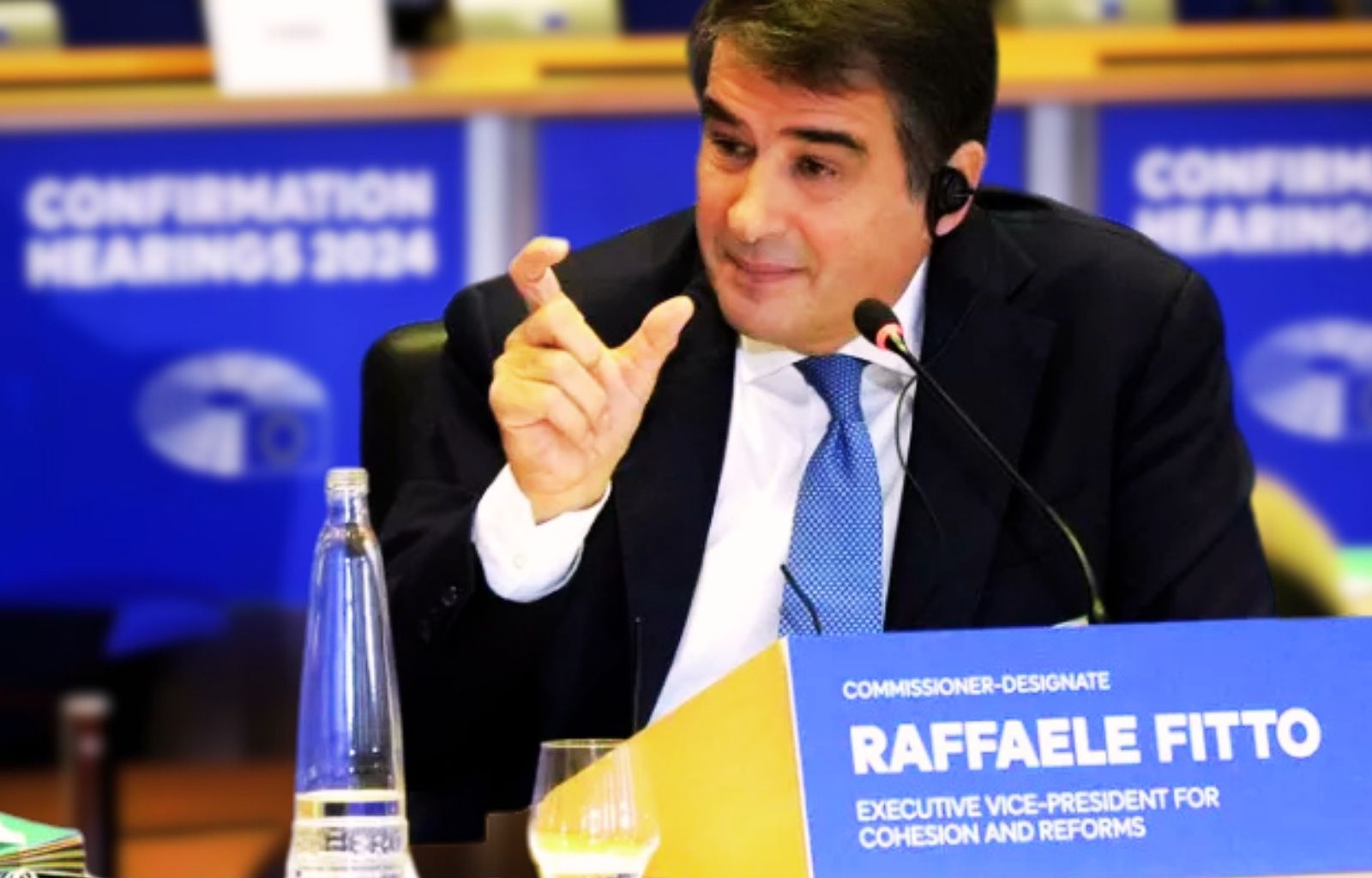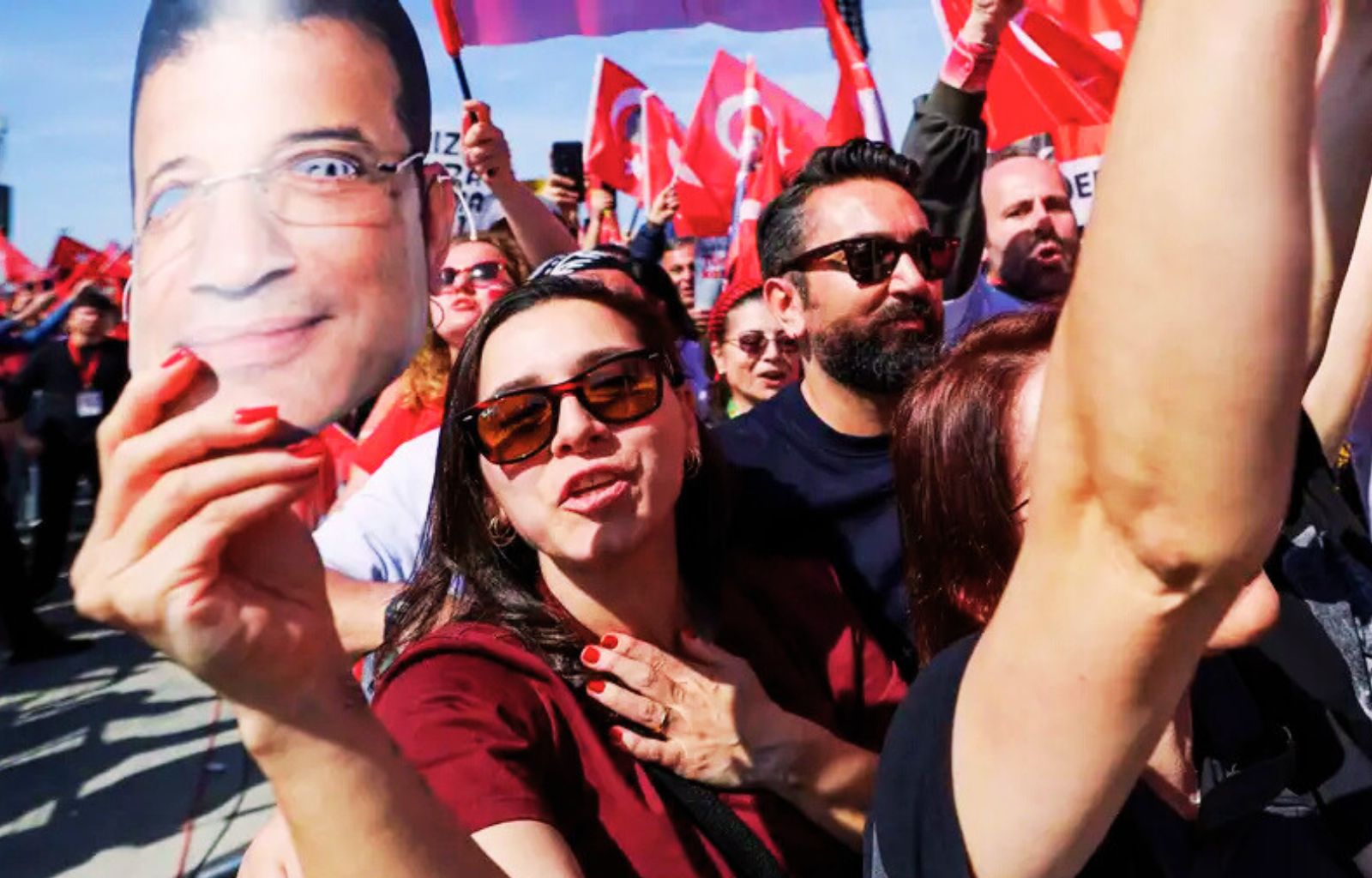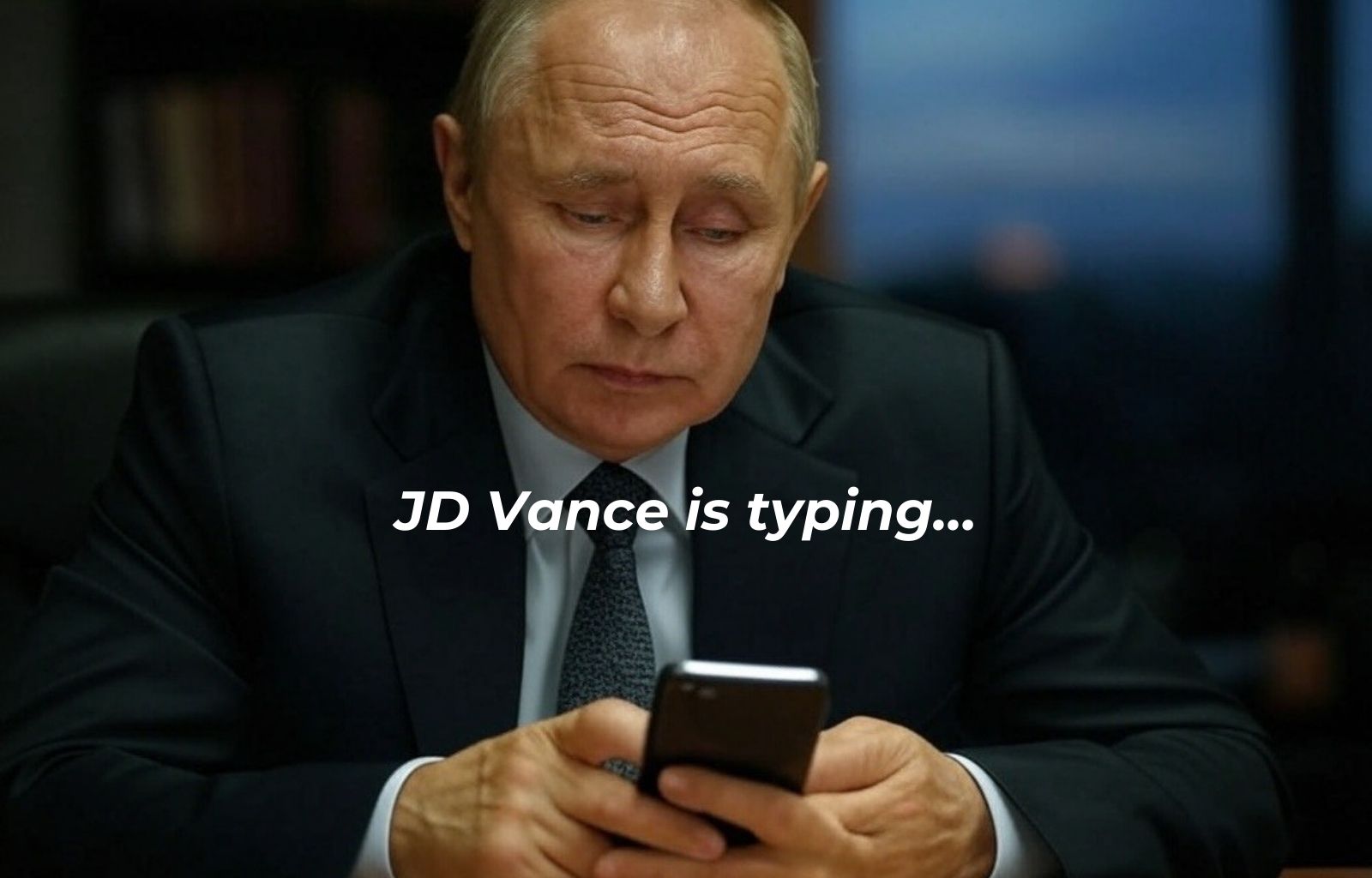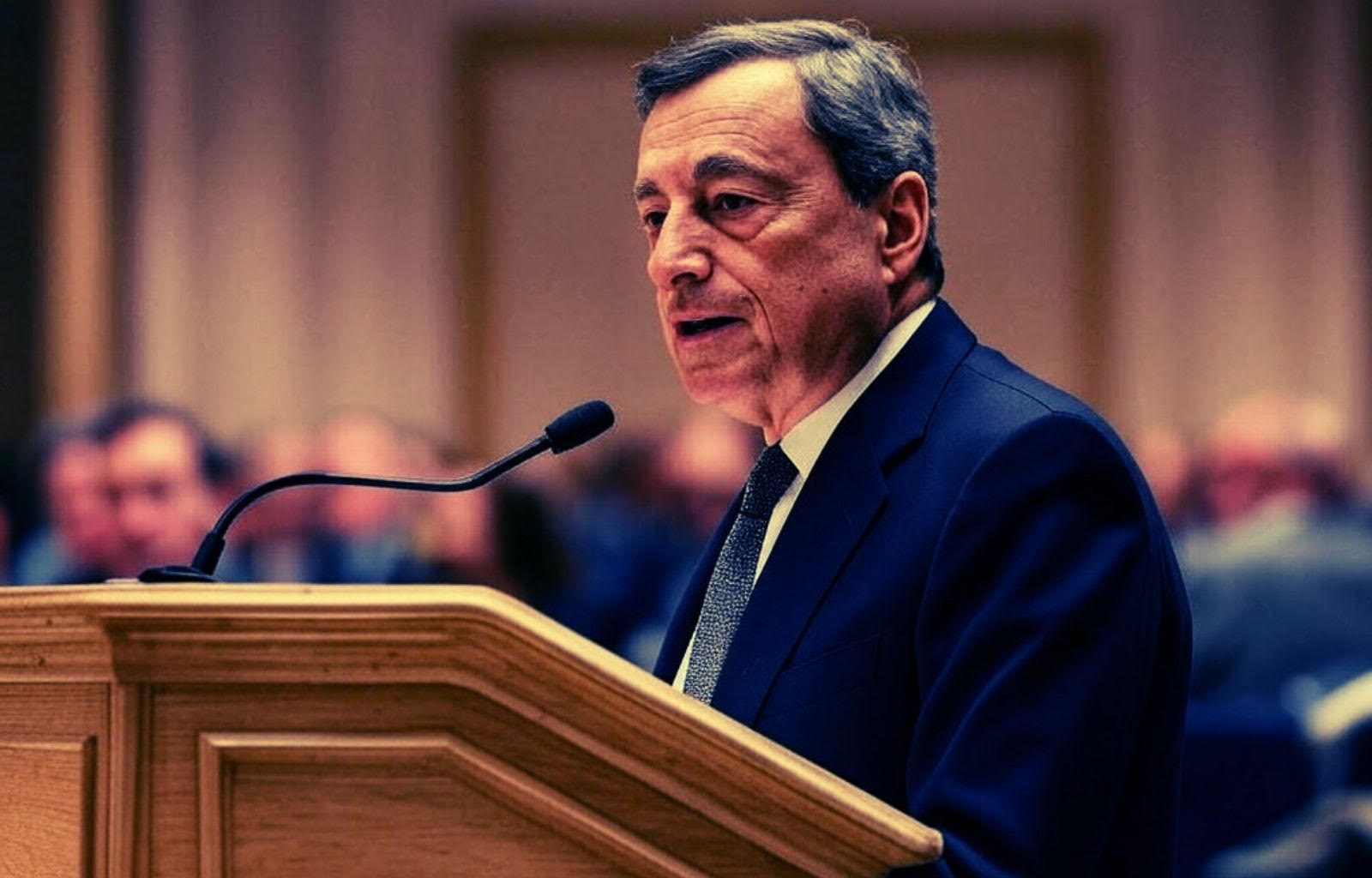What will Fitto do in Brussels?

Having overcome the difficulties of the complex European negotiations, the Von Der Leyen II Commission is finally set in motion, with Raffaele Fitto in the role of executive vice-president, flanked by Teresa Ribera. His nomination eventually won the favourable vote of the European Socialists, albeit with some distinguation, the Liberals of Renew Europe, the Populars and the Fratelli d’Italia delegation in the European Parliament. After much discussion on Fitto’s (actually, his current party’s) compatibility with the parliamentary majority, it is time to analyse what Fitto will actually do, what portfolio he has and with what potential.
Cohesion Policies
Raffaele Fitto will be responsible for EU cohesion policies, managing structural funds such as the European Regional Development Fund (ERDF), the European Social Fund (ESF) and the Cohesion Fund, among others. (CF). These instruments represent a substantial part of the EU’s multiannual budget, with a total budget of EUR 369 billion for the period 2021-2027. Its task will be to ensure efficient use of these resources, promoting balanced development among the more than 300 regions of the Member States, reducing territorial disparities and supporting economic growth in less developed areas.
Never so much money to Italy
A crucial aspect of his mandate will be the implementation of the2021-2027 Partnership Agreement, signed on 19 July 2022. This agreement provides Italy with EUR 75.3 billion in Structural and Investment Funds (the highest ever), combining European resources and national co-financing. Of this, 43.1 billion comes from the EU, including quotas for the Just Transition Fund and European Territorial Cooperation. The resources are distributed among more developed, transition and less developed regions, with the aim of supporting projects that foster economic, social and territorial cohesion.
The unknown of structural reforms
Fitto will also be in charge of overseeing structural reforms within the EU, working with member states to improve the effectiveness of EU policies. This role will require constant dialogue with national and local authorities, ensuring that European initiatives are aligned with the specific needs of territories. In this context, it will be crucial to promote tools such as Special Economic Zones (SEZs), which Fitto has already supported in Italy during his tenure as Minister for Regional Affairs. SEZs offer tax incentives and bureaucratic simplifications to attract investments in less developed areas, and their effectiveness could be expanded under his leadership.
The ambiguity of relations with the League
It is interesting to note that northern Italian governors such as Luca Zaia and Massimiliano Fedriga, promoters of differentiated autonomy and regionalism, might welcome Fitto’s appointment as head of regional and cohesion policies in the European Commission, an appointment that offers the opportunity to build a Europe that values local specificities and territorial diversity. However, it is a fact that their party, the Lega, voted against Fitto in Strasbourg, putting membership of anti-European forces before national coalition loyalties (which were also weakened in Rome).
Obstacles and opportunities
Fitto’s task will not be without obstacles. Among the main difficulties will be coordination with an often divided European Council and the challenge of managing a European budget that, despite its size, has to cope with an increasing demand for resources from the member states. Furthermore, the implementation of reforms might be hampered by national conflicts of interest and a polarised European Parliament. Fitto will also have to face the challenge of ensuring that funds are spent transparently and efficiently, avoiding delays and inefficiencies, especially in the most complex contexts such as the Italian regions of Southern Italy.
However, the opportunities are significant. His role allows him to shape a more inclusive and cohesive Europe, capable of tackling territorial inequalities with targeted and innovative policies. The success or failure of this assignment will depend on his ability to combine strategic vision with effective operational management. The path will not be easy, but the potential to leave a profound mark on the future of the European Union is extraordinary.











